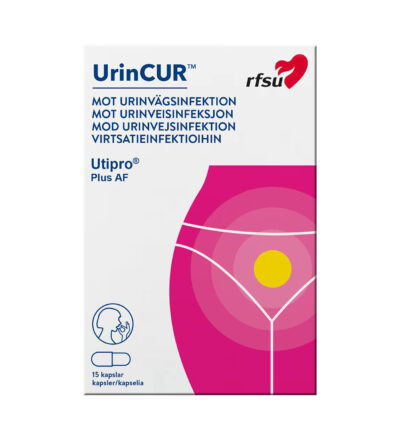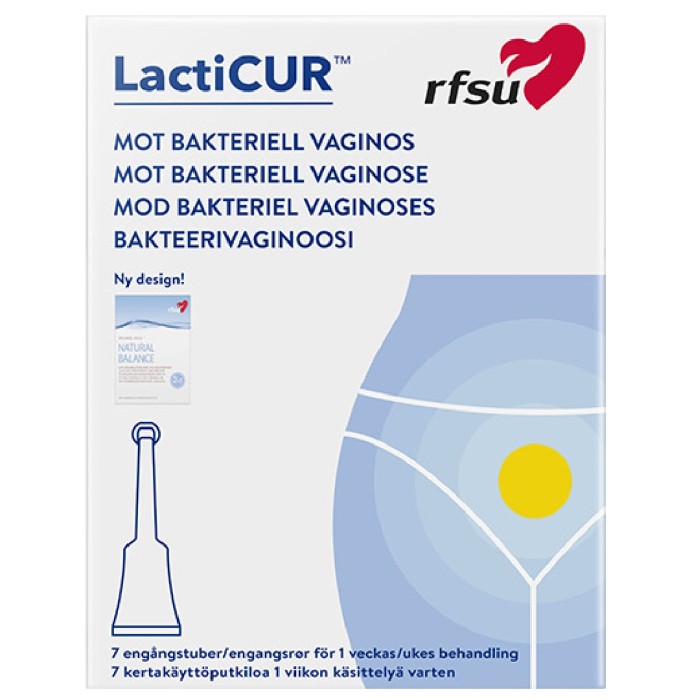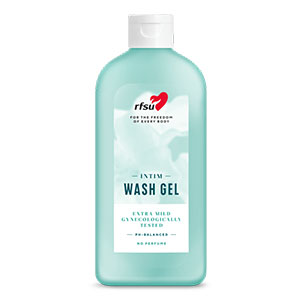
How to cure fungus in the intimate parts
Fungus in intimate areas is as common as it is troublesome. But there is a solution to cure fungus in the intimate parts!
Fungus in the intimate area affects most people with a vagina at some point in their lives and is completely harmless. However, it can be quite troublesome.
Fungus in the vagina is caused by yeast fungi that are naturally present in the body multiplying and becoming so numerous that they cause problems. Common symptoms of fungal infection are itching and burning. You can also get thin or gritty discharge. It is not known exactly what causes a fungal infection, but there are things that increase the risk.
Fungus in the intimate parts can be due to imbalance
The environment in the vagina is usually acidic and full of beneficial lactic acid bacteria that protect against fungus and other infections. Antibiotic treatment can kill the good lactic acid bacteria that are found naturally in the vagina and can increase the risk of fungus.
Having a weakened immune system if, for example, you are stressed or about to get sick, also increases the risk.
It is also common to get thrush before menstruation or when you are pregnant, because hormonal changes affect the mucous membranes and the immune system in the intimate area.
Chafing, for example from intercourse or cycling, can also cause fungus. The fungus gets attached more easily if you have small wounds or cracks.
How easy or difficult it is to get fungus is individual, and getting fungal infections easily can also be hereditary.

Chafing, for example from intercourse or cycling, can also cause fungus. The fungus gets attached more easily if you have small wounds or cracks.
How easy or difficult it is to get fungus is individual, and getting fungal infections easily can also be hereditary.
Fungal infections in the vagina can be treated without a prescription
Having fungus is harmless and usually goes away on its own after a few days. However, it can be really uncomfortable, and itching and irritation can make you want to treat the problem anyway.
At the pharmacy, there are over-the-counter medicines that work by killing and preventing the fungus from continuing to grow. Unfortunately, medicines like this can also dry out the mucous membranes in the vagina and make them fragile. Fragile mucous membranes can hurt and lead to small micro-sores in the vagina, which increase the risk of infections. This means that over-treatment of fungus can lead to a vicious circle where the risk of new fungal infections increases. Therefore, it is important not to use such medicines too often or unnecessarily.
How to avoid fungus in the genital area
To avoid fungus in the genital area it is often a good idea to let the genital area and mucous membranes take care of themselves as much as possible.
“The mucous membrane of the vagina is like its own little ecosystem and has a fantastic ability to stay clean and healthy. The more you let it be, the better it often feels,” says Lina Isaksson.
In the vagina there is a unique composition of mainly lactic acid bacteria that protect against harmful bacteria and infections.
“They create an acidic environment that prevents other types of bacteria from thriving. That is why you should be careful and not wash yourself too much, it risks washing away the good bacteria that are so important for the genital area and mucous membranes to feel good.
The mucous membrane cleans itself
The vagina cleans itself through the vaginal discharge. Discharge help keep the mucous membrane to stay moist and free of bacteria and infections. In fact, excessive washing increases the risk of various types of infections, such as fungal or bacterial vaginosis.
– You should try to disturb the balance in the genital area as little as possible. Wash the genital area no more than once a day and avoid strong soap. If you want to use something other than water, feel free to use a fragrance-free oil such as almond oil or similar, says Lina Isaksson.
How to seek treatment for a fungal infection
If you are unsure whether you have fungus, you should contact a healthcare center. You should also seek treatment if you have had fungus more than twice in six months, or if you have tried over-the-counter medicines such as Canesten without getting help.










